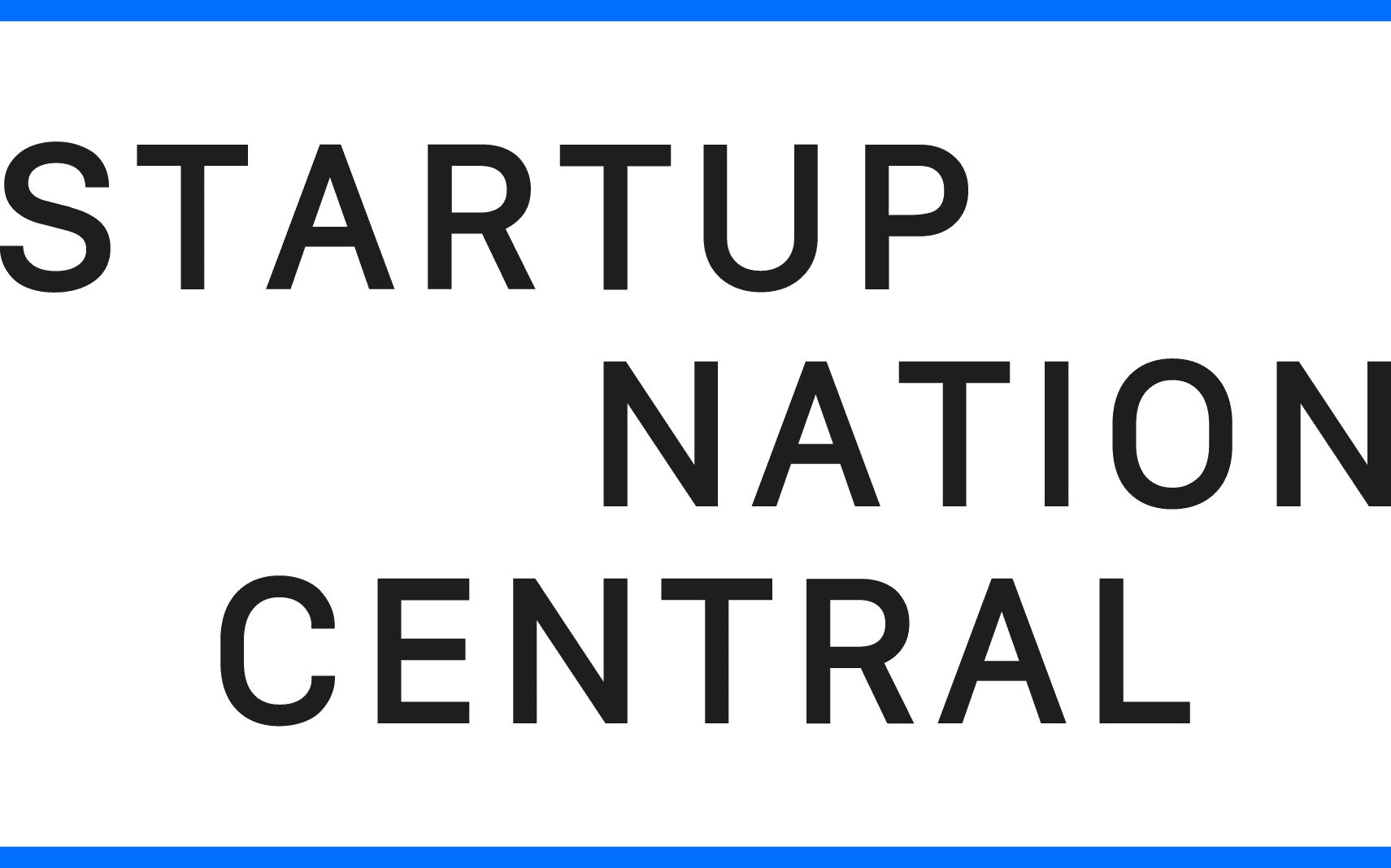
Q1 2024 REPORT
Israeli Tech Ecosystem
15 APRIL, 2024
Content
- Executive Summary
- Ecosystem Perspective
- Landscape
- Private Funding
- Funding for Public Companies
- Exits
- Health Tech
- Agrifood Tech & Water
- Climate Tech
- Fintech
- Enterprise IT & Data
- Cybersecurity
Introduction
Executive Summary
Resilient Growth in a Challenging Landscape
Once again, Israeli innovation has proven resilient. No matter what. Amid increasing regional instability and challenging global circumstances, Israel’s investment landscape achieved modest growth in Q1 2024 compared to Q4 2023.
Private Funding Gains
There was a 9% increase in private funding to $1.8 billion across 114 rounds, propelled by a rise in the average funding round size despite a decrease in the total number of rounds. This trend signals a solid move towards stabilization within the investment sector. After adjustments for undisclosed amounts, projected total investments are expected to reach $2.3 billion over more than 140 rounds, indicating a sustained recovery momentum.
Ecosystem Parity with the US
When setting aside regional conflicts, the Israeli ecosystem’s performance aligns with that of the US, both in the short-term (1-year) and medium-term (5-year) outlooks. This parallel points to a resilient and adaptable investment climate in Israel, mirroring some of the strengths seen in the US market.
M&A Activity Soars
Mergers and acquisitions grew to $2 billion, with four companies acquired for over $200 million each, marking the most active M&A quarter since Q1 2022.
Investor Focus on Quality and Scale
The quarter was notable for six mega-rounds totaling $716 million, alongside a continued decrease in the number of rounds. This trend highlights investors’ preference for quality and scalability in their investments.
Cybersecurity Dominance
Cybersecurity stood out as a focal point for both investments and exits, featuring four of the six mega-rounds with $846 million in private funding. This sector alone accounted for nearly 50% of the total ecosystem funding and half the top six exits. The increased investment is partly due to more attractive valuations, while market demand continues to grow among customers and acquirers. Furthermore, M&A activity has been particularly strong, fueled by a spree of horizontal acquisitions among the two major players, underscoring the sector’s critical role and appeal in the current investment landscape.
Public Funding Rebound
Public funding rebounded from the Q4 slump, although the figures remain modest. This is a positive indicator, suggesting cautious but growing investor confidence.
Sectorial Dynamics
The quarter revealed diverse sector performance;
Cybersecurity funding peaked, reinforcing its strong investor appeal.
Climate tech and Agrifood tech made notable comebacks from previous downturns.
However, Health tech faced declines in both funding amounts and the number of rounds. Similarly, the Fintech and Enterprise IT & Data sectors saw reductions compared to the final quarter of 2023.
Global Context
Global venture capital investments have faced headwinds due to higher interest rates, challenges in raising new funds, and a preference for less risky investment opportunities. These challenges are further intensified by local risk factors and geopolitical uncertainties, presenting a complex backdrop for the resilient Israeli tech ecosystem.
Yariv Lotan, VP of Digital Products, Development, Data and Insights
Ecosystem Perspective
- Entrée Capital
- Aristagora (Japan)
- NFX
- Iron Nation
Avi Eyal, co-Founder & Managing Partner, Entrée Capital
Much of 2023 was marked by economic uncertainty globally, with rising interest rates, geopolitical tensions, and, in the Israel context, the horrific attack by Hamas and other Iranian proxies on October 7. For much of the year, the social environment was depressed, given internal societal struggles and a highly divisive government. The war, while uniting much of the country temporarily, has had an immediate effect on all sectors of the economy. The high-tech market has probably been one of the least affected. However, the mobilization had some immediate short-term challenges. Naturally, in much smaller early-stage teams (typically under 10), the percentage is much larger as founders being mobilized creates a much bigger effect on the business. By January 2024, most staff had been able to return to work, and businesses were ‘back to normal’ in as much as one can use the term for a country at war. Yet, with the War and the ‘back to protest’ by some, the feeling is that there is around a 10% overhang weighing on Israel funding versus North America and Europe.
In the last month of 2023 and running into 2024, we have seen a marked improvement in the global macro environment, which has positively impacted the Israeli portfolio (given the full dependency on foreign markets for revenue and growth). We think we are ‘hitting the bottom of the market’ in Q1, and the real question is whether we ‘bounce along the bottom’ for the rest of the year or start climbing out in Q2. There is still a fair amount of pain that the industry will take in the coming quarters, yet we are positive there will be a steady rise in funding deals (dollars and number).
Anat Tila Cherni, Co-Founder and Managing Partner, Aristagora (Japan)
2023 was a turbulent year for Israel and the tech sector. Pressures from global macroeconomic factors alongside domestic political turmoil, the atrocities of October 7th, and the war in Gaza have impacted fundraising throughout the year.
We saw a steady decline in the number and amounts of financing rounds and a sharper decline in Q4, with the peak around the war in Gaza. While uncertainty remains the keyword for the coming months, Q1 2024 showed signs of early recovery. Although the number of private funding rounds is still relatively low (114), the funding amount went up compared to Q4 2023. In addition, while operational continuity was a challenge immediately following the beginning of the war, in Q1, we witnessed tech companies returning to normal business routine with either employees coming back from reserves or new recruitments.
There is a question mark regarding the continuity of the foreign capital inflow for investments in Israeli startups. As a Japanese LP-based fund, we are motivated by the support Israel receives from the Japanese government. This support has a substantial impact on the legitimacy of business-making between Japan and Israel.
Earlier this quarter, Aristagora VC co-hosted the 5th annual Big in Japan Conference, which brings together the Japanese and Israeli tech and investment communities, where on the one hand showcased the desire of the Japanese investment community to keep the warm business relations with Israel and, on the other hand, the lack of physical presence of many of the Japanese corporates was felt. While global and Japanese investments in Israeli tech may go “under the radar” or even suffer a slowdown in the coming quarters due to the continuity of the war, we are positive that the interest in Israeli tech will remain strong.
Gigi Levy-Weiss, General Partner, NFX
In 2024, the Israeli startup ecosystem faces a pivotal moment, darkened by the ongoing war, geopolitical tensions, internal political conflicts, and polarization. The ecosystem faced initial challenges with the judiciary revolution initiated in early 2023, which were amplified with the impact of the October 7th terror attack and the subsequent war. Sadly, These have rendered 2023 – and 2024 – an almost lost year for Israel’s technology sector in general and for new startups in particular. This setback is particularly poignant amidst the rapid development of AI technologies worldwide—a field burgeoning with new startups and opportunities. Israel’s losses in 2023 and a slow start in 2024 risk diminishing its originally predicted dominant position in this new technological revolution. Generally, Israel has managed to be a leader in almost every technological evolution in the last few decades, but this does not seem to be the case now with AI.
2024 doesn’t seem to have started much better. The current environment is characterized by cautious investor sentiment, with a noticeable decline in foreign investments and venture capital, echoing the challenges of past years. Even those investments made are predominantly later-stage investments in emerging winners, and new company formation is at a 20-year low. The optimism that once defined Israel’s tech landscape now contends with the reality of becoming less dominant in the face of the global AI boom. This is a major challenge growing by the day.
However, I am optimistic that looking beyond 2024, there’s a silver lining. The resilience and innovative spirit that have long defined Israeli startups and were very visible in how Israeli founders managed their companies through the war (many in reserve service) are anticipated to reignite the sector’s growth. As the ecosystem recalibrates and adapts to the evolving landscape, there’s renewed optimism for 2025 and beyond – especially if internal conflicts will calm down. The expectation is that with the required geopolitical and internal stability and some strategic adjustments, Israel’s tech industry will not only recover but also reclaim its position at the forefront of technological innovation, especially in AI. This forward-looking perspective underlines my belief in the enduring potential of Israeli startups to navigate current challenges and emerge stronger in the global arena and why we continue to invest aggressively even through the war.
Last thing – I am super proud of the prominent role the Israeli tech sector took in the national recovery efforts post-October 7th. The expectation is that the ecosystem’s innovative capacity will drive the revival of the industry and contribute significantly to broader societal and economic recovery.
Chen Linchevski, Co-Founder, Iron Nation
At Iron Nation, we have received 767 applications to date. 433 of the companies have raised more than $1 million each, and in total, applicants have raised more than $4.2 billion. The best companies in popular verticals continue to attract VC investors from Israel and abroad. Companies in less trending verticals, such as medical, climate, deep tech, and especially those with hardware-software solutions, which previously relied on smaller funds, vertical-specific double bottom line funds, strategics, and angels, are now experiencing significant difficulty. These investors are now unable or unwilling to take the additional investment risk in Israel.
As time passes, we see more and more A+ and B companies that have developed great deep technology entering a stressful situation. Many are on the verge of significant revenues but lack sufficient funding to execute these potential agreements. Those companies that would be success stories and are critical for the vertical diversity of Israel’s high-tech ecosystem are facing significant funding challenges to continue and thrive.
Ecosystem Analysis
Landscape
Despite the war, Q1 2024 shows an 8.5% rise in private funding raised to $1.8B in 114 rounds. This was due to a rise in the average round amount as the total number of rounds declined. This quarter also showed a significant rise in M&A exits, reaching $2B. While funding for public companies rose, the sum was still very low at less than $100M.
Tech Companies
Active Investors
Q1 2024 Events | Q1 2024 Amount | Q4 2023 Events | Q4 2023 Amount | |
|---|---|---|---|---|
Private Funding | 114 | $1.8B | 127 | $1.6B |
Public Funding | 7 | $99M | 3 | $12M |
M&A Exits | 14 | $2.0B | 13 | $1.4B |
Private Funding
Q1 highlighted our ecosystem’s stability, amassing $1.8B across 114 rounds. With pending and undisclosed deals, we’re poised for $2.3B and over 140 rounds, reinforcing the stabilization wave post the mid-2022 investment slump.
*Estimation for rounds with an undisclosed amount based on the median amount of the same round type in the same year.
** Estimation for latest quarters also considers historical patterns of the delay in publishing rounds and thus attempts to account for additional rounds that are not known yet
Global Comparison
- Private Funding Amount ($B)
- Private Funding Rounds
Private Investments have seen a global downturn since mid-2022. Mirroring the US, Israel’s ecosystem remains resilient in Q1 2024, discounting wartime impacts. Asia faces a sharper fall, while Europe uniquely signals recovery.
ISRAEL
Private Funding rounds have witnessed a global plunge of approximately 50% since Q1 2023. In this downturn, Asia and the US have fared relatively better (experiencing 36% and 39% decline respectively), starkly contrasting Europe and Israel (48% and 54% respectively).
Israel’s ecosystem, resilient to judicial reform and closely aligning with the US, faced a late-year downturn due to regional conflict, with March hinting at a nascent recovery.
Analyzing the 3-month moving average to reduce monthly volatility shows that despite the proposed judicial overhaul, there wasn’t a significant downward trend in private investment in Israel, and compared to the beginning of the year, the trend was even better than the US. However, toward the end of the year, likely due to the regional conflict, Israel experienced a stronger decline than the US.
Private Funding 3 months moving average. January 2023 =100%
Q1 Top Funding Rounds
This quarter, six mega-rounds ($100 million or above) accounted for about 40% of the total private funding. Four of them were investments in Cybersecurity companies. By comparison, last quarter there were only three mega-rounds in three different sectors, which accounted for about 30% of the total funding.
Here is a list of all companies that raised funds during Q1 2024.
Q1 Leading Investors
Iron Nation, the leading investor this quarter, is one of the emergency funds founded after October 7th, 2023. Its goal is to ensure business continuity for the startup community and distribute funds as quickly as possible. Insight Partners and NFX Capital, the leading foreign investors, continue their commitment and vote of confidence in Israel, as demonstrated last year as well.
Here is a list of all investors who participated in funding rounds during Q1 2024.
Israeli Investors
Foreign Investors
Funding for Public Companies
Public Companies Funding Rebounds in Q1 2024, Yet Remains at Pre-2020 Boom Levels: The first quarter of 2024 marked an upswing in funding for public companies, recovering from the previous quarter’s slump. However, despite this positive trend, funding levels have plateaued, aligning more closely with figures seen before the 2020 investment boom, indicating a cautious optimism in the market.
Exits
M&A Activity
M&A Exit Activity Peaks, Reaching Its Highest Since Q1 2022 and Fourth Strongest Since 2018: Merger and acquisition (M&A) activity surged to a significant high, marking the most vibrant quarter since the first quarter of 2022 and ranking as the fourth most robust since 2018. This surge was primarily fueled by nearly $900M in transactions within the Cybersecurity sector, alongside a standout $1B exit by Resident Home, highlighting a dynamic and lucrative M&A landscape.
Q1 Top M&A Exits
IPO Activity
Q1 2024 showed no IPOs for Israeli startups, continuing the trend of 2023 in which there were only 3 IPOs.
Sector analysis

Health Tech
Health Tech Funding Faces Headwinds, Public Companies Bounce Back in Q1 2024: The sector continued to see a downturn in private funding and the count of investment rounds. However, public companies showed renewed vigor with a slight recovery from the Q4 lows, rallying to secure deals totaling more than $75M. Highlights of the quarter include BiomX‘s $50M PIPE, DarioHealth‘s $22M PIPE, and Vessi Medical‘s $16.5M Series A round.
Here is a list of all Health tech companies that raised funds during Q1 2024, and a list of all investors who invested in Health tech companies during Q1 2024.
- Private Funding
- Funding for Public Companies
MOST WATCHED COMPANIES (BY INVESTORS)
leading active investors

Agrifood Tech & Water
Private Funding Surges to Nearly $100M: Private investment markedly recovered from a trough of $18M, nearing $100M. Significant transactions that bolstered this resurgence included SeeTree‘s $17.5M Series C, FreezeM‘s $14.2M Series A, and WeedOUT‘s $8.1M Series A funding rounds. These rounds stand as testaments to the sector’s robust rebound.
Here is a list of all Agrifood tech companies that raised funds during Q1 2024, and a list of all investors who invested in Agrifood tech companies during Q1 2024.
- Private Funding
- Funding for Public Companies
MOST WATCHED COMPANIES (BY INVESTORS)
leading active investors

Climate Tech
Q1 2024 Witnesses Private Funding Double to $204M: Public Firms Rally with $45M in PIPE Deals: After hitting a low of $103M in Q4 2023, private funding rebounded impressively in Q1 2024, reaching $204M across 24 rounds. Public company financing paralleled this growth, securing $45M through 5 PIPE transactions. Standout capital raises included Hailo‘s substantial $120M Series C, Exodigo‘s combined $105M from a Series A and additional SAFE, and DustPhotonics‘ $24M Series B round, each underscoring the vigorous investment activity of the quarter.
Here is a list of all Climate tech companies that raised funds during Q1 2024 and a list of all investors who invested in Climate tech companies during Q1 2024
- Private Funding
- Funding for Public Companies
MOST WATCHED COMPANIES (BY INVESTORS)
leading active investors

Fintech
Fintech Sector Sees Dip in Private Funding Post-Q4 Surge, Totaling $177M: Following a robust final quarter, private investment in Fintech receded, culminating in $177M across key funding events. Notably, FundGuard captured $100M in a Series C round, while both Anecdotes and Oobit secured $25M each in Series B and A rounds, respectively, highlighting continued investor engagement despite the sector’s overall pullback.
Here is a list of all Fintech companies that raised funds during Q1 2024, and a list of all investors who invested in Fintech companies during Q1 2024.
- Private Funding
- Funding for Public Companies
MOST WATCHED COMPANIES (BY INVESTORS)
leading active investors

Enterprise IT & Data
Enterprise IT & Data Funding Dips to $159M; Public Company Deals Absent: The private funding landscape for Enterprise IT & Data sectors saw a descent, reaching a modest $159M, with public companies witnessing a dry spell this quarter. Key funding events included Healthee‘s $32M, Xyte‘s $20M, and Confetti‘s $16M, all raising substantial Series A rounds, signaling investor interest in emerging market players despite the sector’s downturn.
Here is a list of all Enterprise IT & Data companies that raised funds during Q1 2024, and a list of all investors who invested in Enterprise IT & Data companies during Q1 2024.
- Private Funding
- Funding for Public Companies
MOST WATCHED COMPANIES (BY INVESTORS)
leading active investors

Cybersecurity
Cybersecurity Sector Hits $846M in Funding, Marking Best Quarter Since Q2 2022: Cybersecurity’s private funding soared to $846M, registering its most vigorous quarter since the second quarter of 2022. Leading the charge, Axonius secured $200M in a Series E round, while Silverfort captured $116M in a Series D. Additionally, Claroty and Coro each raised $100M in rounds, with the specifics of Claroty‘s round undisclosed, and Coro completing a Series D, underscoring the sector’s dynamic growth and investor confidence.
Here is a list of all Cybersecurity companies that raised funds during Q1 2024, and a list of all investors who invested in Cybersecurity companies during Q1 2024.
- Private Funding
- Funding for Public Companies
MOST WATCHED COMPANIES (BY INVESTORS)
leading active investors
Methodology Notes
- The report is based on the STARTUP NATION FINDER database.
Except for US, Europe, and Asia metrics in the Global Comparison section which are based on PitchBook. - It is a snapshot of Q1 2024 activity as of March 31st, 2024.
- Figures might be further revised in the future as the activity continues to be revealed.
- The definition and criteria for companies and investors can be found in the FINDER Glossary under the terms “Companies” and “Investors”, respectively.
- Active Investors are defined as investors with at least 1 investment round in Q1 2024 and who meet the criteria in the Finder Glossary.
- Climate Tech companies may be included in multiple sectors.
- Funding Type Definitions:
- Private Funding includes the following round types: Pre-seed, Seed, A, B, C, D, E, F, G Rounds, Convertible Debt, SAFE, Equity Crowdfunding, and Undisclosed rounds.
- Funding for Public Companies includes the following event types: IPO, IPO via SPAC or Reverse Meger, and Non-Initial Public Offering.
- The following events are excluded: Crowdfunding, Debt Financing, Secondary, and Grants.
- Links to lists are dynamic and provide current snapshots, so the results might not exactly match the figures in the report.

About Us
Startup Nation Central is a free-acting NGO providing global solution seekers frictionless access to Israel’s bold and impatient innovators to help tackle the world’s most pressing challenges.
Deeply immersed in the Israeli technology ecosystem, we provide a platform that nurtures business growth, influences policies, and cultivates partnerships with corporations, governments, investors, and NGOs to fortify Israel’s economy and society.
Our free business engagement platform, Finder, grants unrestricted access to real-time, updated information and deep business insights into the Israeli tech ecosystem. Whether you are a global investor, a multinational corporation, or an Israeli startup seeking like-minded entrepreneurs, Finder enables you to discover, explore potential opportunities, and forge valuable business connections.
This report was composed by Einat Ben Ari, Head of Data and Insights; Aaron Gefen, Senior Business Data Analyst; and Deema Watad, BI Developer.
Report Editor: Yariv Lotan, VP of Digital Products, Development, Data and Insights.